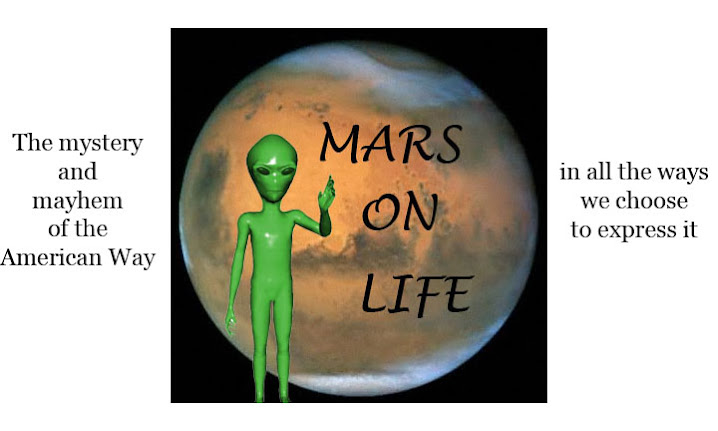The suicide of David Foster Wallace brings to mind that of Theresa Duncan, the filmmaker, writer, and blogger who took her own life in Manhattan last July.
Both Foster Wallace and Duncan were uneasy writers. Duncan's short body of work and Foster Wallace's large one affected the reader similarly, by overload, by containing almost too much information to comprehend. The hallmark of both was urgency, often so heated that the reader was left feeling the burn.
Duncan died after what appeared to be manic harangues against the government and the Church of Scientology; Foster Wallace left no such trail. It's tempting to say that perhaps he ran out of words, but then again, anyone who crammed nearly eleven hundred of them into the novel Infinite Jest probably had plenty more left over.
Reading both, one is not surprised to learn of the self-inflicted death of either. Celebrating words is suffering words. Both writers lived not merely through, but inside, them. Words sting, burn, cut, and fracture, and in the case of Foster Wallace, kill; he holed up in a psychiatric ward following his first successes, recognizing that success breeds despair. Duncan, too, looked for a way out: She spoke of a desire to "burn through any container some sap imagines will hold [her]"; Foster Wallace said, "It looks like you can write a minimalist piece without much bleeding. And you can. But not a good one."
There, in a minimalist sentence, Foster Wallace summarized the writing process. For the most part, the Internet has made a joke of writing, turning words in the starving orphan children of mushily overfed thought processes. This is then rewarded with massive public adulation and recognition, book deals, and large amounts of cash. And a complete and total lack of blood.
Foster Wallace's type of writing was akin to Method acting. Good, gut-filled, bilious acting, like a murderous Othello or a ravening Lear. There is always blood involved, something Shakespeare understood was nothing more than the biggest by-product of the human experience. That we have now tried to convince ourselves that this by-product is goodwill to fellow humans through innocent slaughter is the joke of the modern world. Everything must begin and end with blood; without it there is no story.
The style of writing Foster Wallace did made you think of the writer cutting his wrist to see what spilled out, and then enjoying the sharp pain of the suture. Every time he cut himself, he wrote a story or an essay or a riff on the thousand dulled agonies we all endure on a daily basis.
For a while, he seemed immortal, even as you understood how intensely close he, like Duncan, always was to death. He'd already captured the death of America in tiny and particular images; he understood that to live in the modern world meant to live with a ceaseless barrage of commercial cannonade against which there was very little protection. Eventually, every one of us would be shot through the heart.
In his best stories, Foster Wallace demanded that you swallow a sort of literary vomit. At first potentially nauseous, his words and phrases and clauses became enjoyable if only for the amount of suffering you imagine went into them; reading Foster Wallace was often a somewhat sadistic act. He was like a child gorging himself on the fattiest treats, but only when those treats were the perverse acts of contemporary beef-wittedness.
Are we, then, responsible for his apt suicide, in which he choked the words right out of himself? Of course not. We will suffer it as he suffered us, as one more ridiculous act of endurance. In order to understand his death, and the death of Duncan, one only need understand that the acts of self-erasure were not topical. The world is as corruptly modern today as it was two hundred years ago, even if it seems all the more claustrophobic. David Foster Wallace wrote for the ages of man in all of their disturbed, self-possessed, and horrendous glory. It wasn't his words that were guilty of self-indulgence, it was us. If his gift is anything, it's that he died for the million foolish ways we fail to communicate, each and every minute of the day.
He erased himself at precisely that moment when we stand on the brink of our biggest fraud yet. Who now will call us to account?
Sunday, September 14, 2008
David Foster Wallace, Erased
Labels:
David Foster Wallace
Subscribe to:
Post Comments (Atom)









5 comments:
I'm not familiar with the work of either writer, unfortunately. Thanks for bringing them both to my attention.
Enc, well worth reading again and again.
i didn't know about him either until one of my writer friends forwarded his obituary, now i have to get my hands on one of his books.
thanks for the lovely post.
Nice tribute to him here:
http://www.salon.com/books/feature/2008/09/26/david_foster_wallace/index.html
A sad day. Rememberances are being left a Mcsweeneys.net.
Post a Comment